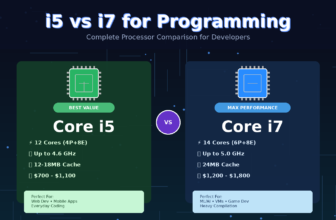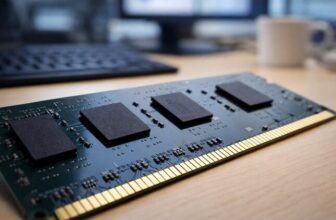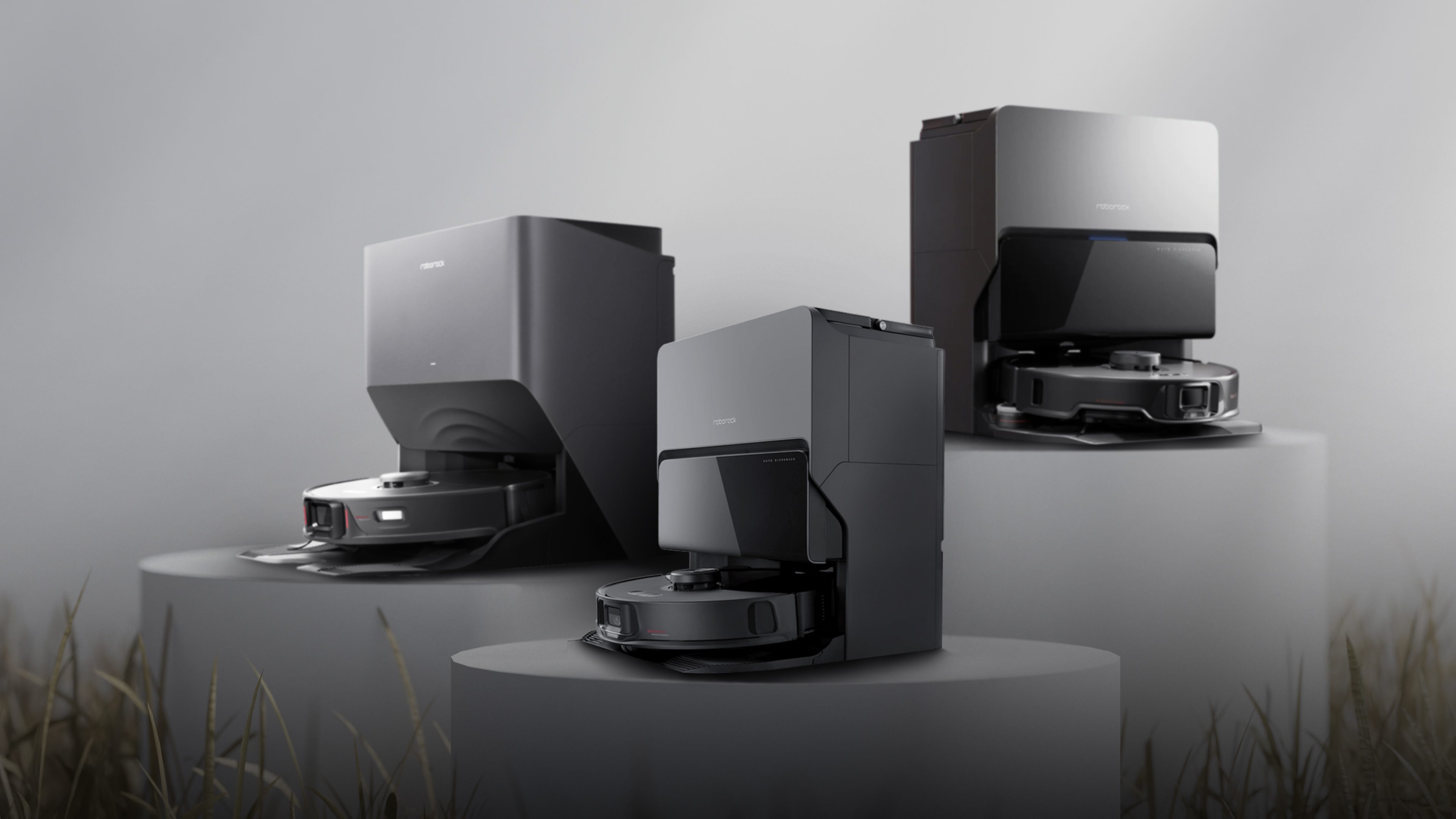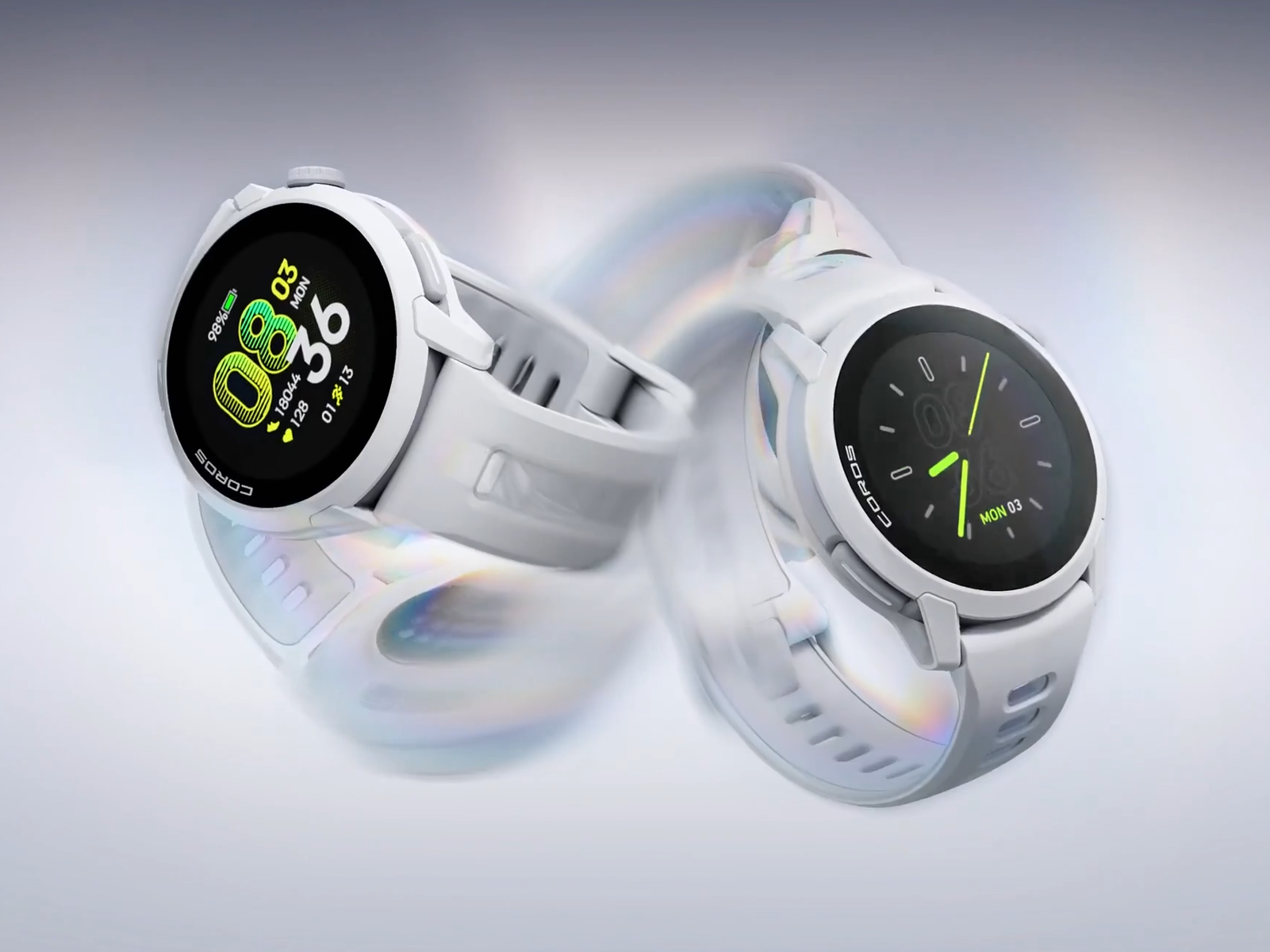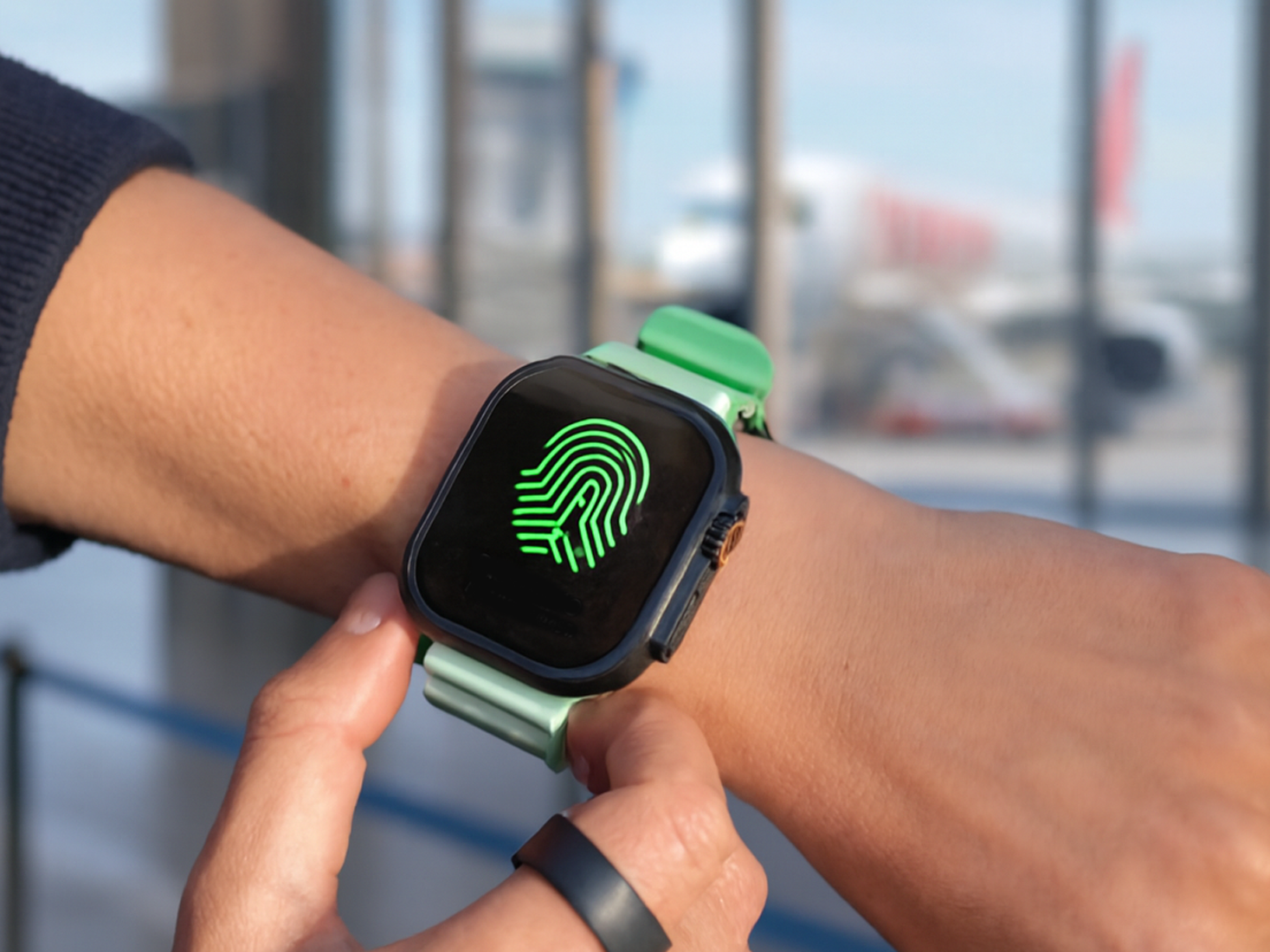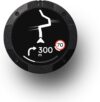

Masahiro Sakurai is once again delving into his video game knowledge with a video all about the intricacies of NES and Famicom audio.
What begins as an introduction to the consoles’ different audio processing channels (pulse, triangle, noise and DPCM), soon turns into a history lesson about how audio production developed for the platform as ROM capabilities increased.
Naturally, Sakurai moves onto the differences between the Famicom’s audio capacity and the NES’, explaining how the former’s built-in audio expansion chips achieved higher quality soundtracks and the Disk System add-on introduced an additional Wave Memory audio channel.
With the Famicom Disk System not being released overseas and the NES’s design doing away with the cartridge-based audio connector pins, the difference in sound quality is really rather stark — as Sakurai demonstrates through various comparisons. Even if all the audio technology babble means nothing to you, the video is worth a watch to listen to these regional differences alone.
It’s not all doom and gloom for the NES, mind you. Sakurai wraps things up by explaining how things progressed for the console by utilising the DPCM channel, and we even get to hear some of Tim Follin banging Silver Surfer score as proof.
All in all, it’s another informative trip through console history. What are we going to do once Sakurai’s channel comes to an end, eh?

Masahiro Sakurai is once again delving into his video game knowledge with a video all about the intricacies of NES and Famicom audio.
What begins as an introduction to the consoles' different audio processing channels (pulse, triangle, noise and DPCM), soon turns into a history lesson about how audio production developed for the platform as ROM capabilities increased.
Naturally, Sakurai moves onto the differences between the Famicom's audio capacity and the NES', explaining how the former's built-in audio expansion chips achieved higher quality soundtracks and the Disk System add-on introduced an additional Wave Memory audio channel.
With the Famicom Disk System not being released overseas and the NES's design doing away with the cartridge-based audio connector pins, the difference in sound quality is really rather stark — as Sakurai demonstrates through various comparisons. Even if all the audio technology babble means nothing to you, the video is worth a watch to listen to these regional differences alone.
It's not all doom and gloom for the NES, mind you. Sakurai wraps things up by explaining how things progressed for the console by utilising the DPCM channel, and we even get to hear some of Tim Follin banging Silver Surfer score as proof.
All in all, it's another informative trip through console history. What are we going to do once Sakurai's channel comes to an end, eh?
What's your favourite NES/Famicom soundtrack? Let us know in the comments.
- See Also





